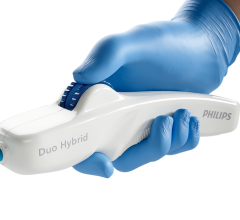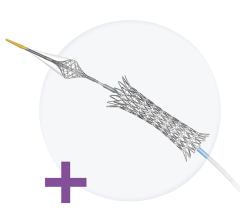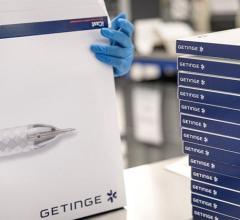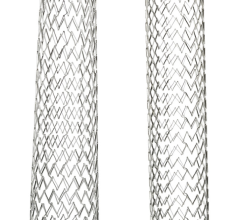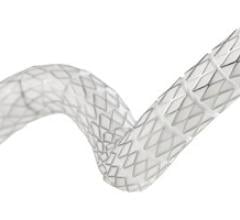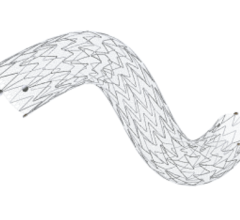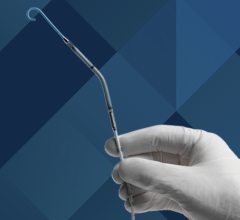
January 10, 2017 — Medinol announced in December positive twelve-month clinical results from the BIONICS study. The study was conducted to evaluate EluNIR, Medinol's novel coronary stent system and the first ever elastomer-coated drug eluting stent (eDES), according to the company.
This global pivotal study enrolled 1,919 patients from 76 sites in eight countries. The BIONICS results were highlighted in the opening Late Breaking Trial session of the 28th annual Transcatheter Cardiovascular Therapeutics (TCT2016) scientific symposium, Oct. 29-Nov. 2 in Washington, D.C. The study data will be submitted to the U.S. Food and Drug Administration (FDA) to support the U.S. regulatory approval of EluNIR for the treatment of patients with narrowing or blockage of their coronary arteries.
The BIONICS study — a global, prospective, randomized, multicenter, non-inferiority clinical trial — was designed to include a "more comers" population, i.e. one that closely represents the real-world patient population. The EluNIR Stent (study name BioNIR) was compared to the Resolute Integrity Stent (1:1 randomization). Key results from the study include:
- For its primary endpoint of target lesion failure (TLF), EluNIR demonstrated a rate of 5.4 percent at 12 months compared to an identical rate of 5.4 percent for Resolute (p=0.0013 for non-inferiority). TLF was defined as the composite of cardiac death, target vessel MI and clinically driven TLR; and
- Good safety profile, with a low definite/probable stent thrombosis rate of 0.4 percent for EluNIR, compared to 0.8 percent for Resolute (p=NS), with no events beyond 30 days for EluNIR.
"The BIONICS data validated that the EluNIR stent performed very well in a more broad, less selected 'more comers' population than has previously been studied for most other DES," said David Kandzari, M.D., F.A.C.C., director of interventional cardiology at Piedmont Heart Institute, Atlanta, and principal investigator for the BIONICS trial. "These results establish the excellent clinical performance of this stent, and we look forward to seeing the angiographic data over the next few months to further support its efficacy."
In addition to the BIONICS study, new twelve-month data from NIREUS, the European pivotal trial for EluNIR, were presented at TCT. The NIREUS study — a prospective, multi-center, randomized, non-inferiority pivotal study comparing EluNIR to the Resolute Integrity Stent — met its non-inferiority primary endpoint of angiographic in-stent late loss at six months. These data were presented at EuroPCR in May 2016. The recent twelve-month clinical data, presented TLF of 3.4 percent for EluNIR and 5.9 percent for Resolute (p=NS).These outcomes were consistent with the positive results of BIONICS.
For more information: www.medinol.com


 November 24, 2025
November 24, 2025 


